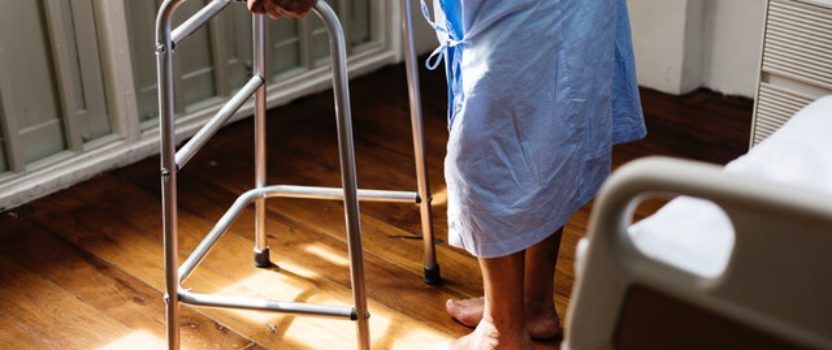WHAT TO EXPECT IN THE EMERGENCY ROOM
If you are elderly, and you are sent to the emergency room, it can be a frightening experience. This is mostly because the emergency room looks very different from anywhere else you have ever been, and because things happen fast, with very little explanation.
So, let me explain it a bit!
If you are driven to the emergency room (ER) in a private car, then your first stop in the ER will be the “triage” desk or room. This is where a nurse will ask you, or your family member, what is wrong. She may ask you a bunch of questions to try to figure out how urgently you need to be seen. She may take your “vitals” (blood pressure, pulse, temperature, and oxygen level). Then she will decide what room in the ER you will go to, and how fast someone needs to come and see you.
If you come in an ambulance, you generally skip triage and go right to the head of the line.
Once you are in a room in the ER, things will happen in a fairly predictable way (by the way, a “room” might be a section of a room behind a curtain, not an actual room). A nurse will come in and either give you a gown, or help you get changed. An IV may be started and an EKG done. Someone with a machine that takes xrays may come in and take an xray while you are in bed. A lab technician may come in and draw blood from you. Each of these people will ask your name and birthdate, but they may not say anything else to you. It may be bewildering because maybe no one will talk to you to try to soothe you or explain what is going on.
Eventually, the doctor will come in. You, or your family member, will have a few minutes to explain what happened, or what’s wrong. Choose carefully what you want to say, because the ER doctor doesn’t have a lot of time and will only hear the first few things you say. Then the doctor will disappear and you may or may not see him or her again. If another doctor needs to see you (like maybe an orthopedist if you broke something), then that doctor will come in, but this could be much later. If you are going to be admitted, then the “hospital” doctor will come in and see you. He or she is part of the team that will take care of you while you stay in the hospital.
If you are in a teaching hospital, a medical student may come in and ask you a more complete set of questions, or you may be seen by a young doctor still in training, called a “resident.”
While you are in the ER, the nurse will be your main support and your main contact with the doctor and with what’s happening. Hopefully she or he will take the time to smile at you and talk a bit and help you to feel comfortable. If you need anything, or have a question, she is the one you should speak to.
You may stay several hours in the emergency room, sometimes even overnight. You will just be on a moveable bed, called a gurney. If you need to get up to the bathroom, you will need to ask for help to get off it. If you are cold, you may ask for a blanket (sometimes they are even heated!). There should be a button to push to call the nurse. Sometimes the nurse’s voice comes to you over an intercom if you press the button, and sometimes she will actually appear.
If you have time to prepare, bring a sweater in case it’s cold, and bring something to do while you wait. Don’t forget your eyeglasses and your list of medications. If you can bring someone to sit with you, that would be the best of all!

